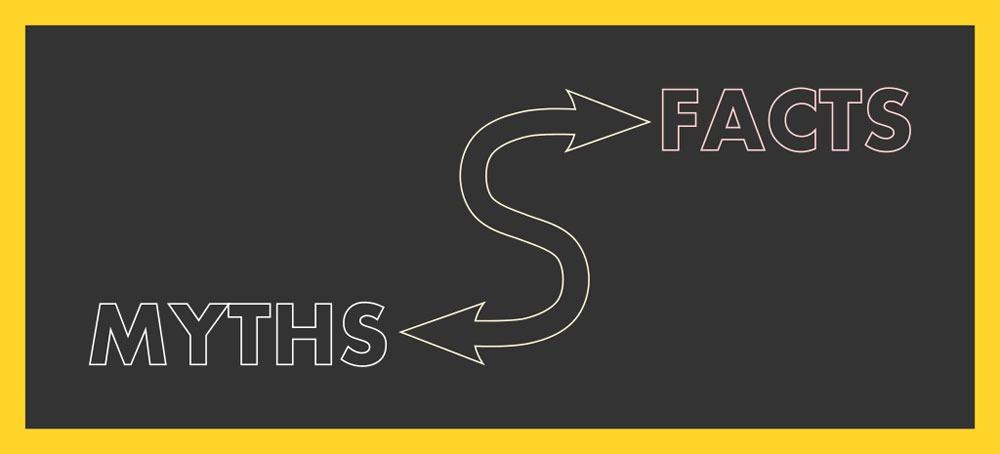
October 1, 2019; Forbes, Washington Post, NPR, and CBS News
The US Census Bureau has added another stone to the mounting pile of evidence demonstrating the degree of income inequality present in the United States. While the median household income has recovered to a level not seen for 20 years, the gap between rich and poor Americans remains disturbingly wide.
The data collected as part of the Census Bureau’s American Community Survey show that the median household brought in more than $63,000 in 2018. Ten years of slow, steady economic growth has brought the overall economy back from the depths of the mid-2000’s Great Recession. However, not all segments of the population fared equally well. Using the Gini index, which ranges from 0.000, indicating a nation’s income is equally distributed, to a hypothetical 1.000, indicating a single person collects the entirety of country’s income, the 2018 measure now stands at 0.485. For contrast, the US’s 1967 measurement was 0.397.
The picture presented here suggests that from a policy perspective, focusing on raising income may not be enough. Speaking to NPR, William M. Rodgers III, a professor of public policy and chief economist at the Heldrich Center at Rutgers University, sees the saw the new data as underscoring “the inability of the current economic expansion, the longest on record, to lessen inequality.”
When asked why the rising economic tide has raised some boats more than others, Rodgers lists several factors, including the decline of organized labor and competition for jobs from abroad. He also cites tax policies that favor businesses and higher-income families.
Sign up for our free newsletters
Subscribe to NPQ's newsletters to have our top stories delivered directly to your inbox.
By signing up, you agree to our privacy policy and terms of use, and to receive messages from NPQ and our partners.
Sociology professor Kim Weeden, director of Cornell University’s Center for the Study of Inequality, sees stark danger. Speaking to CBS News, he says, “When you have a system where inequality is rising—and where some groups are perpetually overrepresented at the bottom of the income and wealth distribution, even when they follow the standard prescription for realizing the American Dream—it’s a recipe for a politically and socially divided nation.”
One of those divisions falls along gender lines. The Washington Post, speaking with Brielle Bryan, an assistant professor of sociology at Rice University, teased out the meaning of the data from a women’s perspective: “Systemic inequality is actually starkest in the top tier of the economic ladder, which is populated primarily by white men.” Using a racial lens, wealth inequality is even starker than the national picture. A recent McKinsey study found “the racial wealth gap between black and white families grew from about $100,000 in 1992 to $154,000 in 2016, in part because white families gained significantly more wealth (with the median increasing by $54,000), while median wealth for black families did not grow at all in real terms over that period.”
The data are consistent and clear. So, if that’s the case, then, as Steve Dubb, writing in NPQ, recently asked, “Why then is it so hard for significant policy changes to be implemented?” Perhaps the answer can be found in our nation’s lack of trust in data. Forbes, relying on data found in a new article appearing in the journal Perspectives on Psychological Science, graphically illustrated the gap between knowledge and understanding.
The Census Bureau, the Federal Reserve, and university-based and commercial researchers will continue to give us the economic facts that should guide policy change. (Just weeks ago, NPQ reported on a Federal Reserve report showing the wealth disparity.) On the other hand, the knowledge that concentrated wealth is dangerous, and that marginalized groups are doing worse than the general population, is not going to be enough on its own. Motivation to change public policy won’t come if the data are mistrusted and ignored. As with the climate crisis, when facts are not enough to spur serious conversation, change will remain beyond our reach.—Martin Levine











